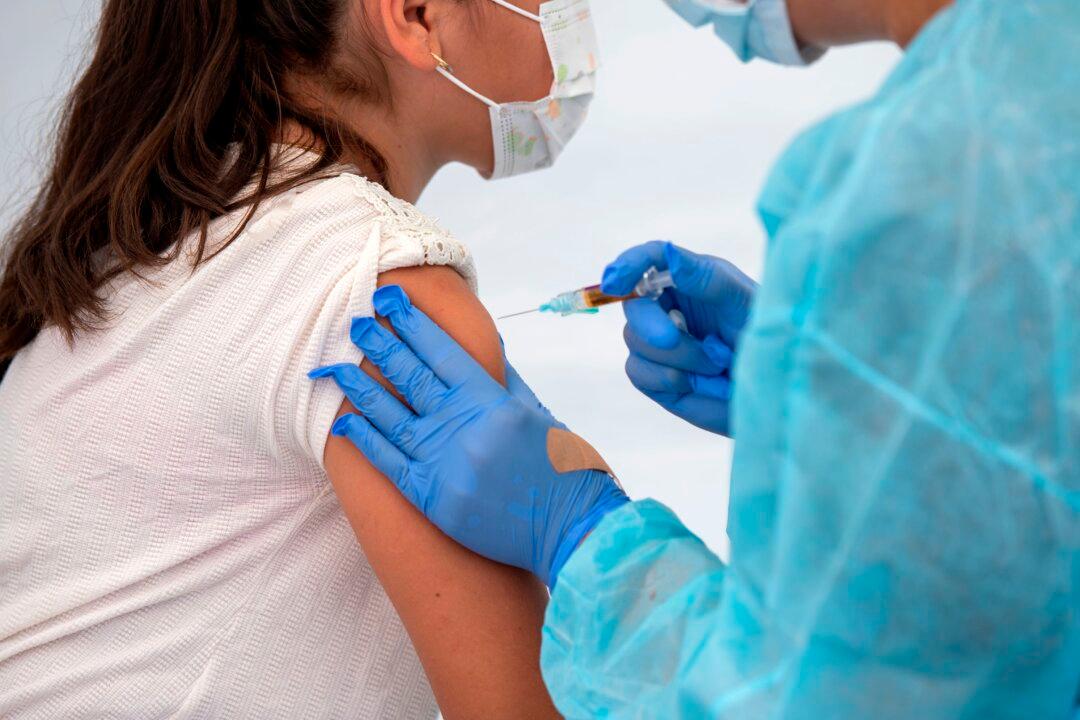Vaccinations against the CCP virus in the United States will “hopefully” begin next month, a top official from the government’s vaccine development effort said on Nov. 22.
“On the 11th or on the 12th of December, hopefully the first people will be immunized across the United States, across all states, in all the areas where the state departments of health will have told us where to deliver the vaccines,” Dr. Moncef Slaoui, chief scientific adviser for Operation Warp Speed, told CNN on Sunday.





